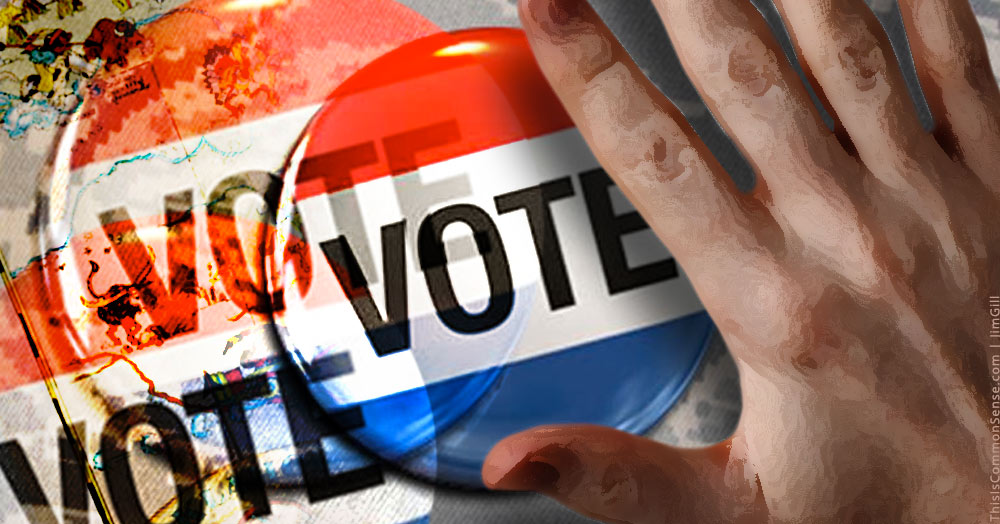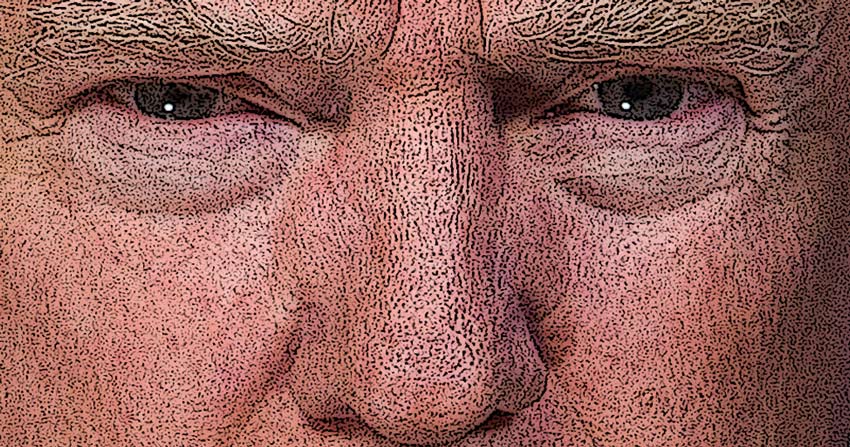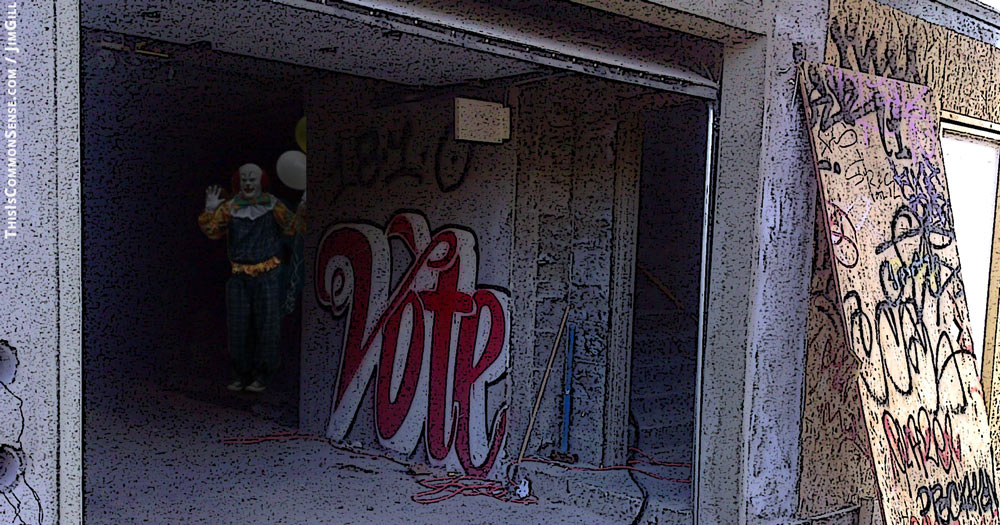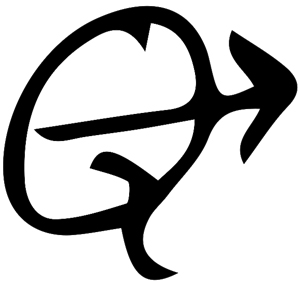Another day, another indictment of former President Trump. This one, out of Georgia, would criminalize election challenges.
Jonathan Turley observes that in this fourth indictment, “every call, speech, and tweet appears a criminal step in the conspiracy. District Attorney Fani Willis appears to have elected to charge everything and everyone and let God sort them out.”
This is the kitchen-sink, banana-republic approach to “justice.” Facts? Plausibility? Irrelevant when the would-be one-party regime has a target in view.
In masterful understatement or point-missing, Turley writes that the “greatest challenge for Georgia is to offer a discernible limiting principle on when challenges in close elections are permissible and when they are criminal.”
But how can it ever be criminal simply to challenge election results or call for a recount or plead for further investigation of the flimsiest of allegations, even via imperfect phone call?
The “limiting principle” operative here is obvious. Is the challenger on our side or the other side? Our side, the challenge is legal. Other side, it’s illegal, prosecutable. This is Willis’s “principle.”
Per Turley, it’s important for campaigns to seek judicial review of an election “without fear of prosecution.” Yes, important. But from the perspective of those who want to prevent other-side campaigns from seeking recourse when an election is close or seems pockmarked by fraud, what’s important is making sure other-side campaigns do fully feel this fear.
The bad guys already understand what’s at stake, what Mr. Turley is so carefully explaining as if they are perhaps only a little confused.
This is Common Sense. I’m Paul Jacob.
Illustration created with PicFinder.ai and DALL-E2
—
See all recent commentary
(simplified and organized)







